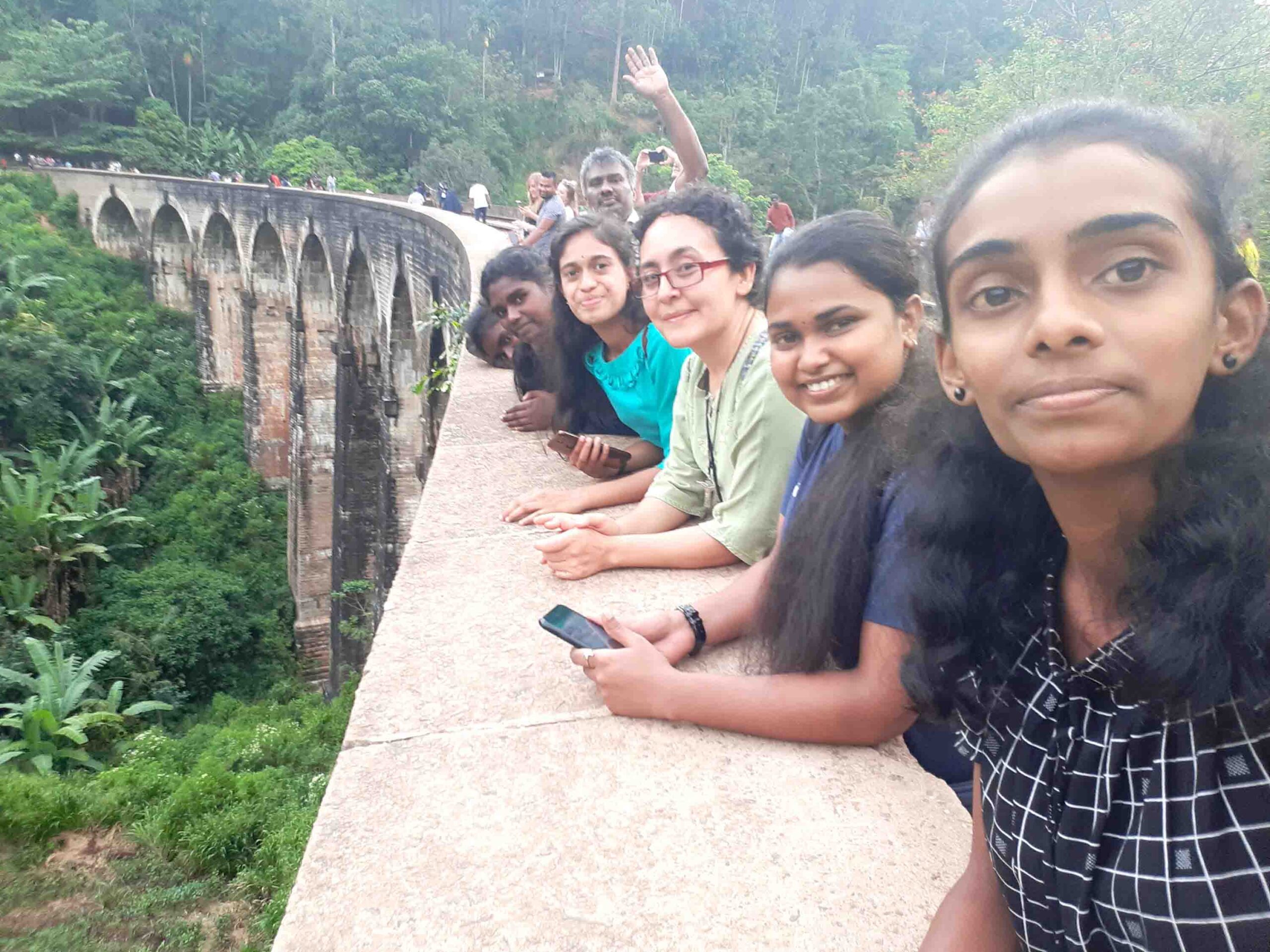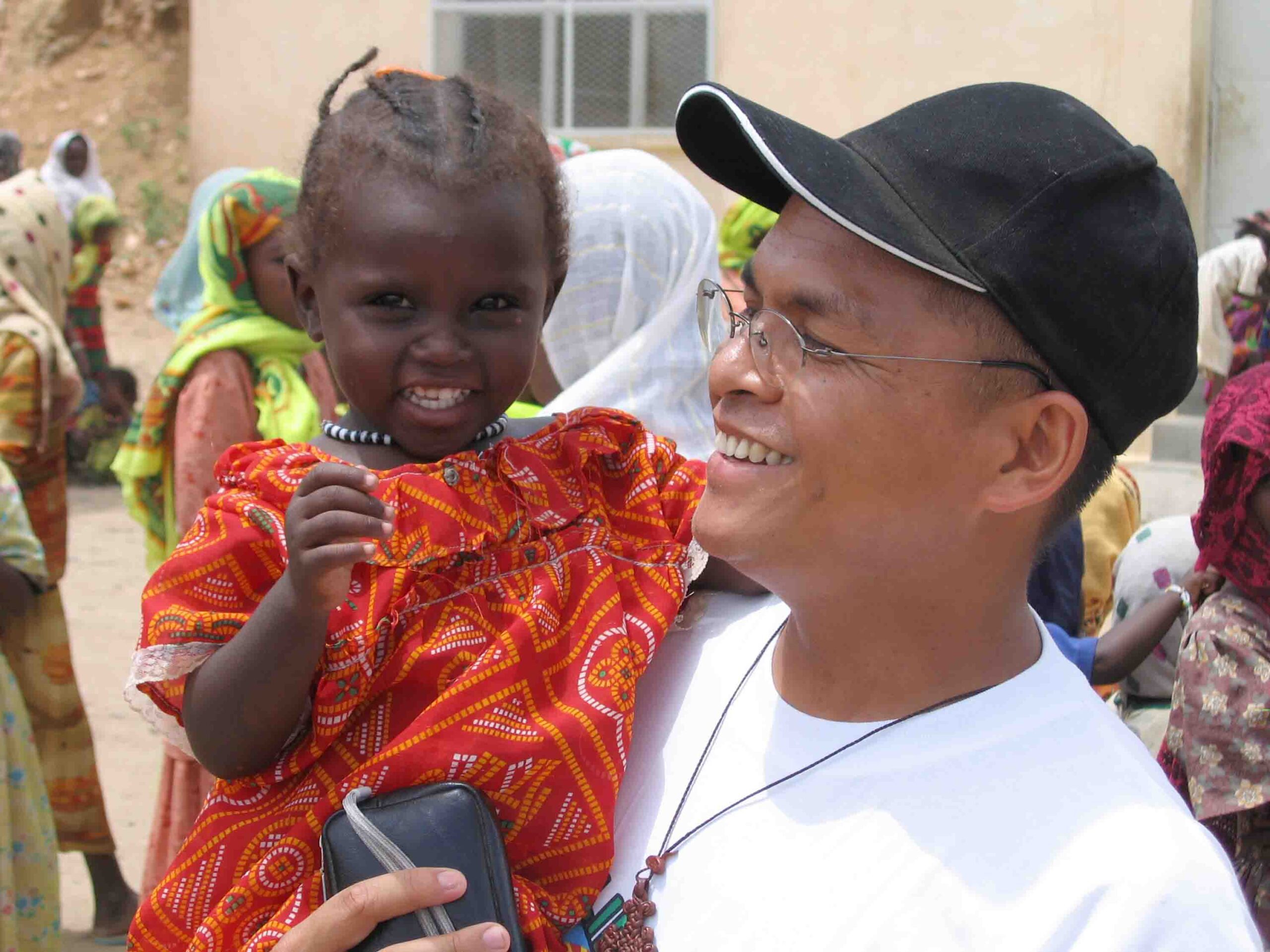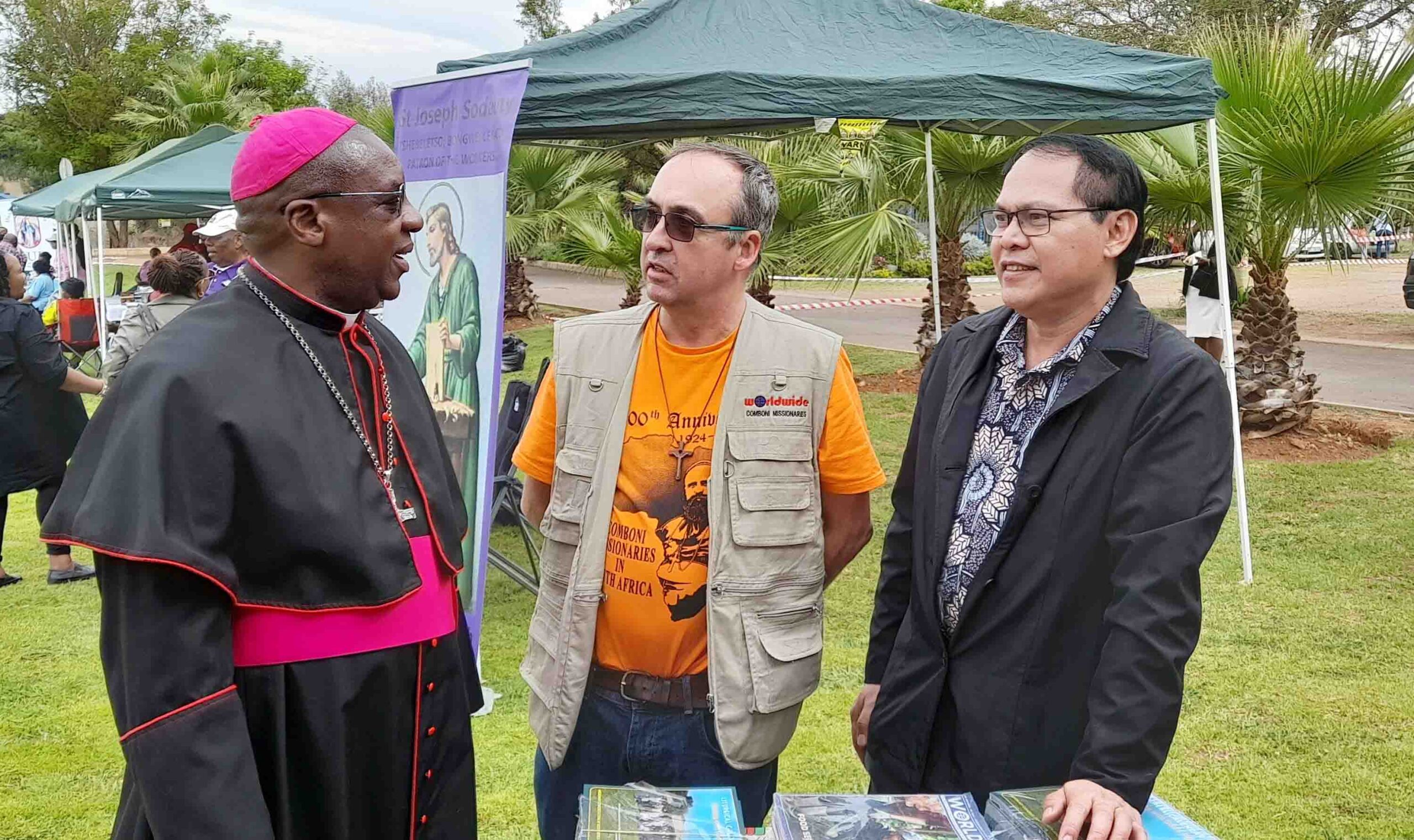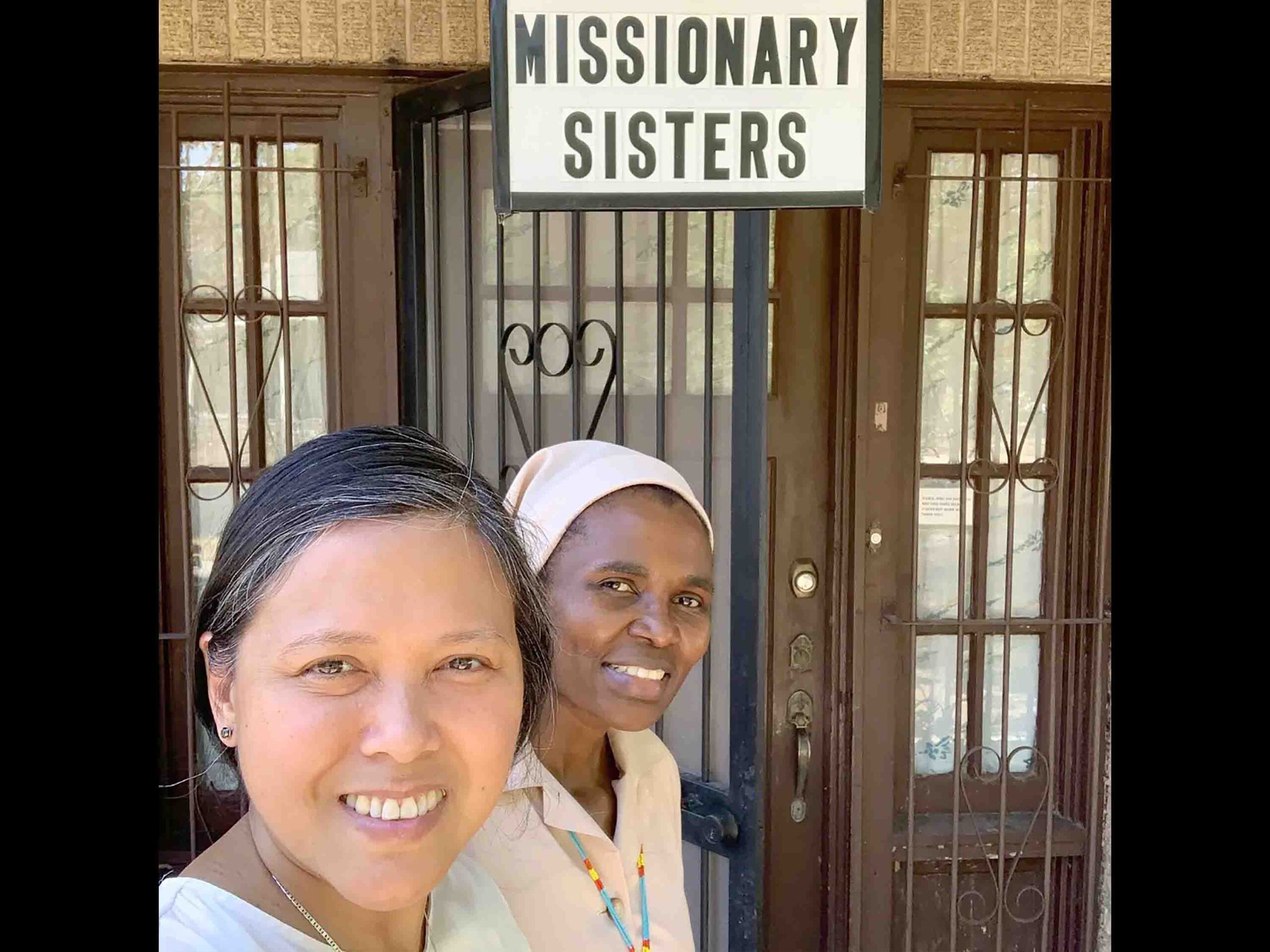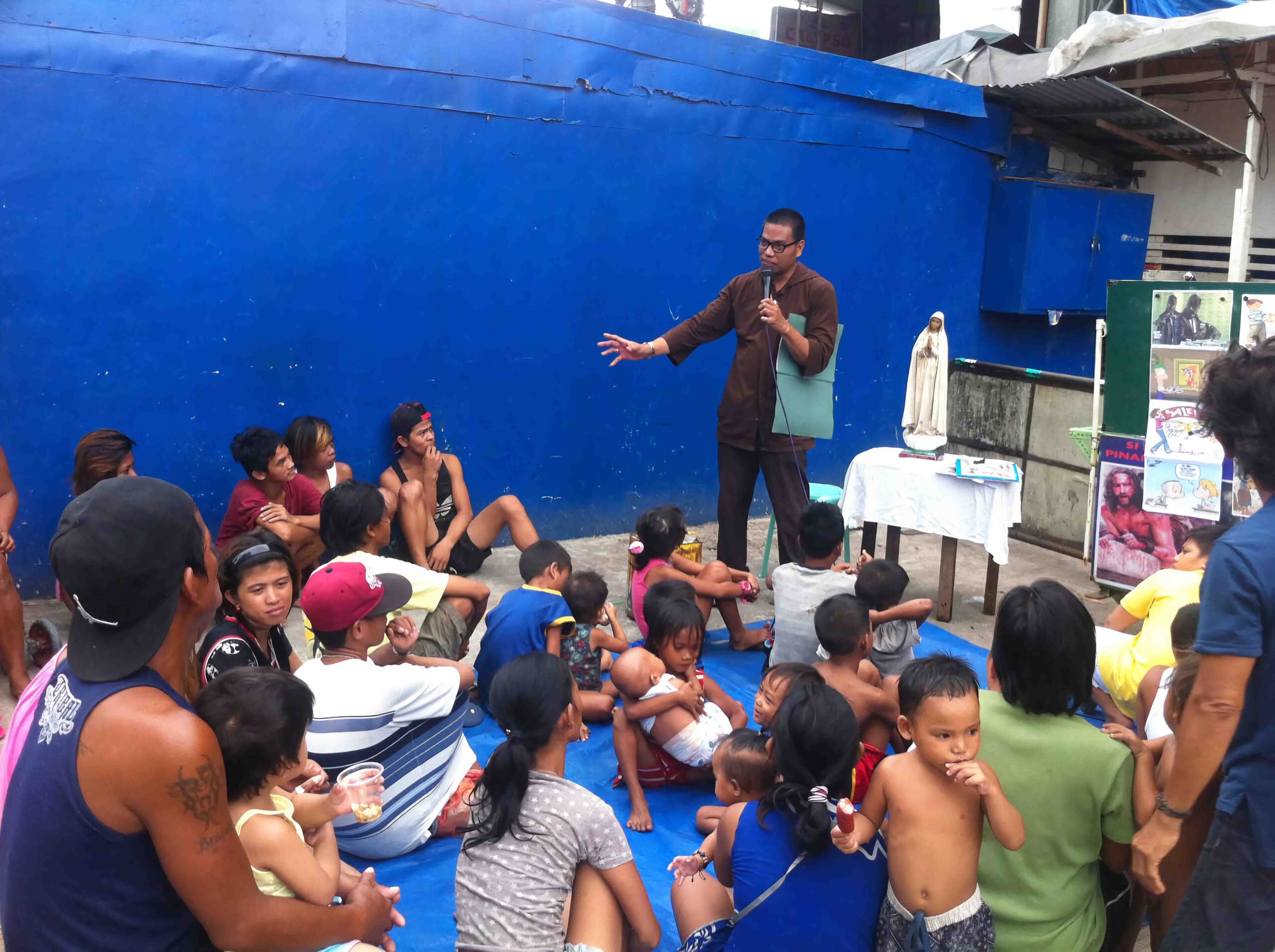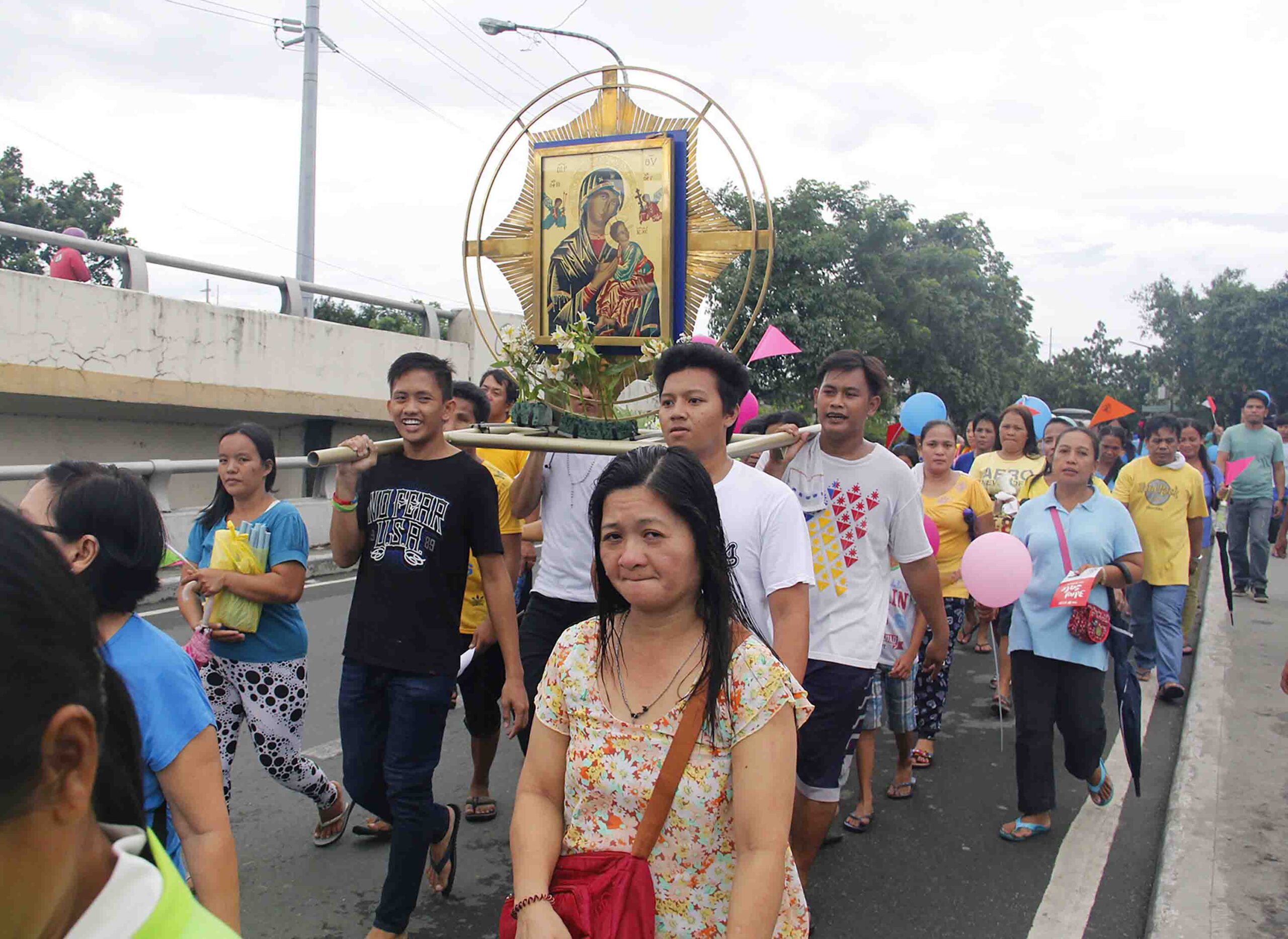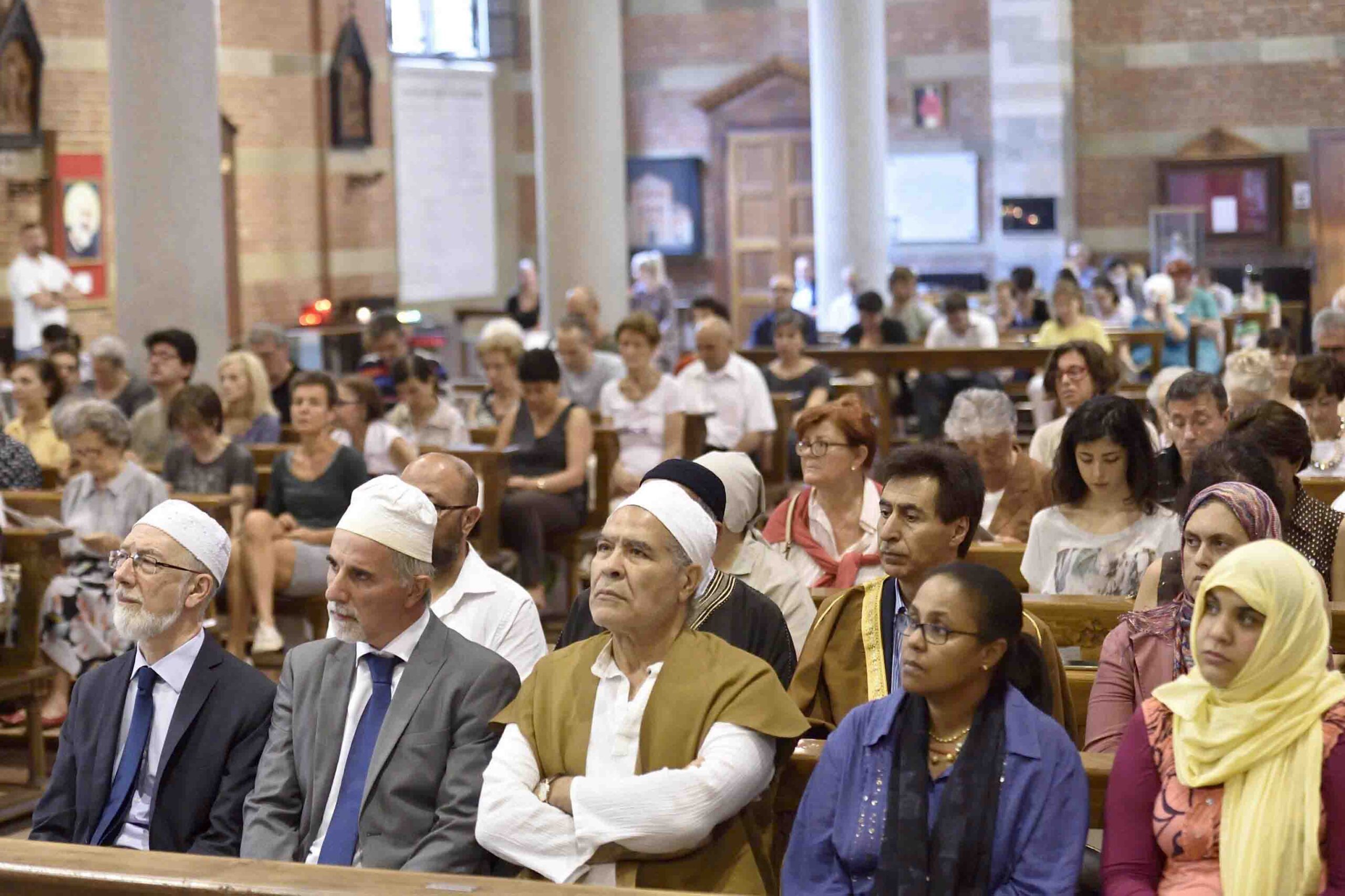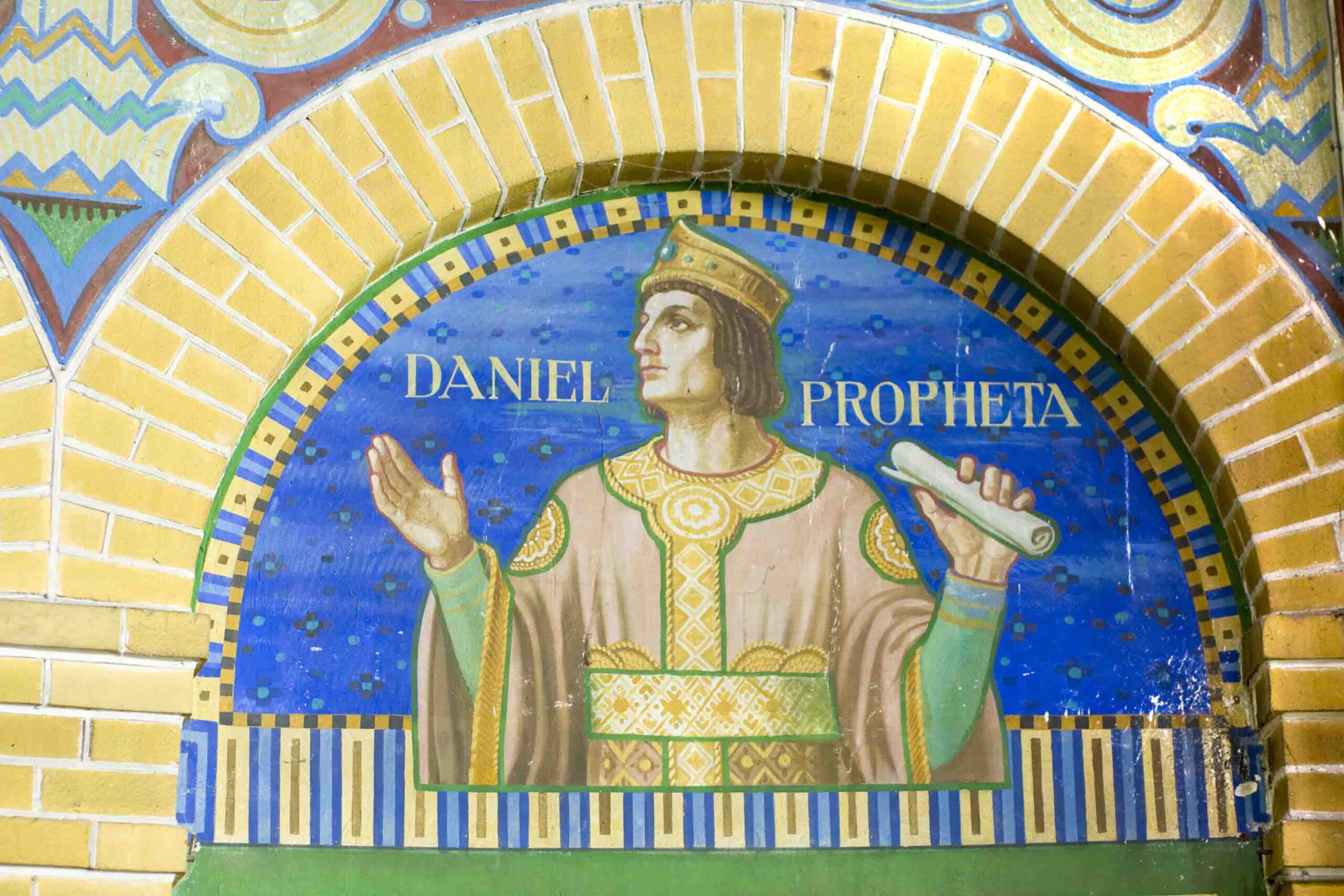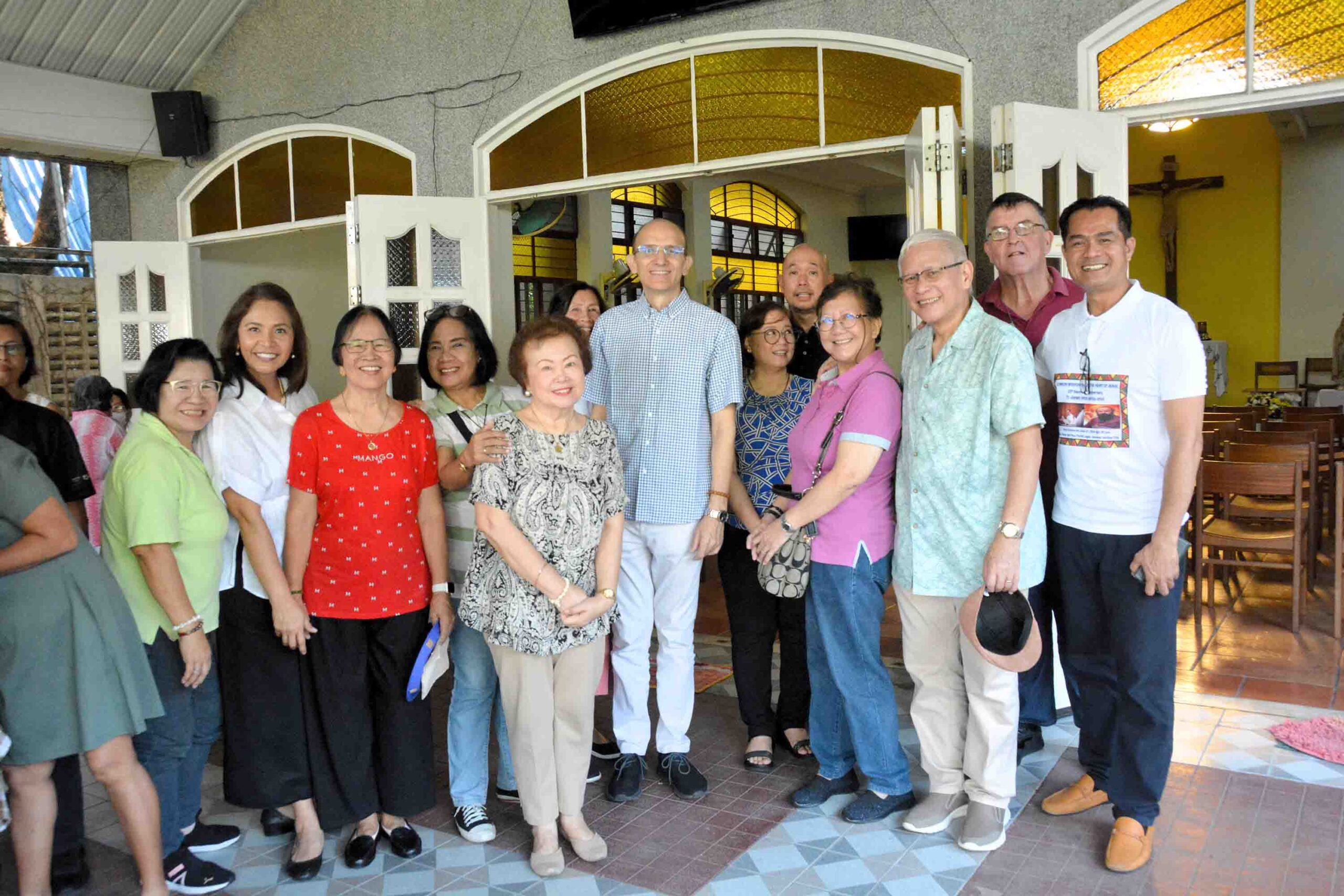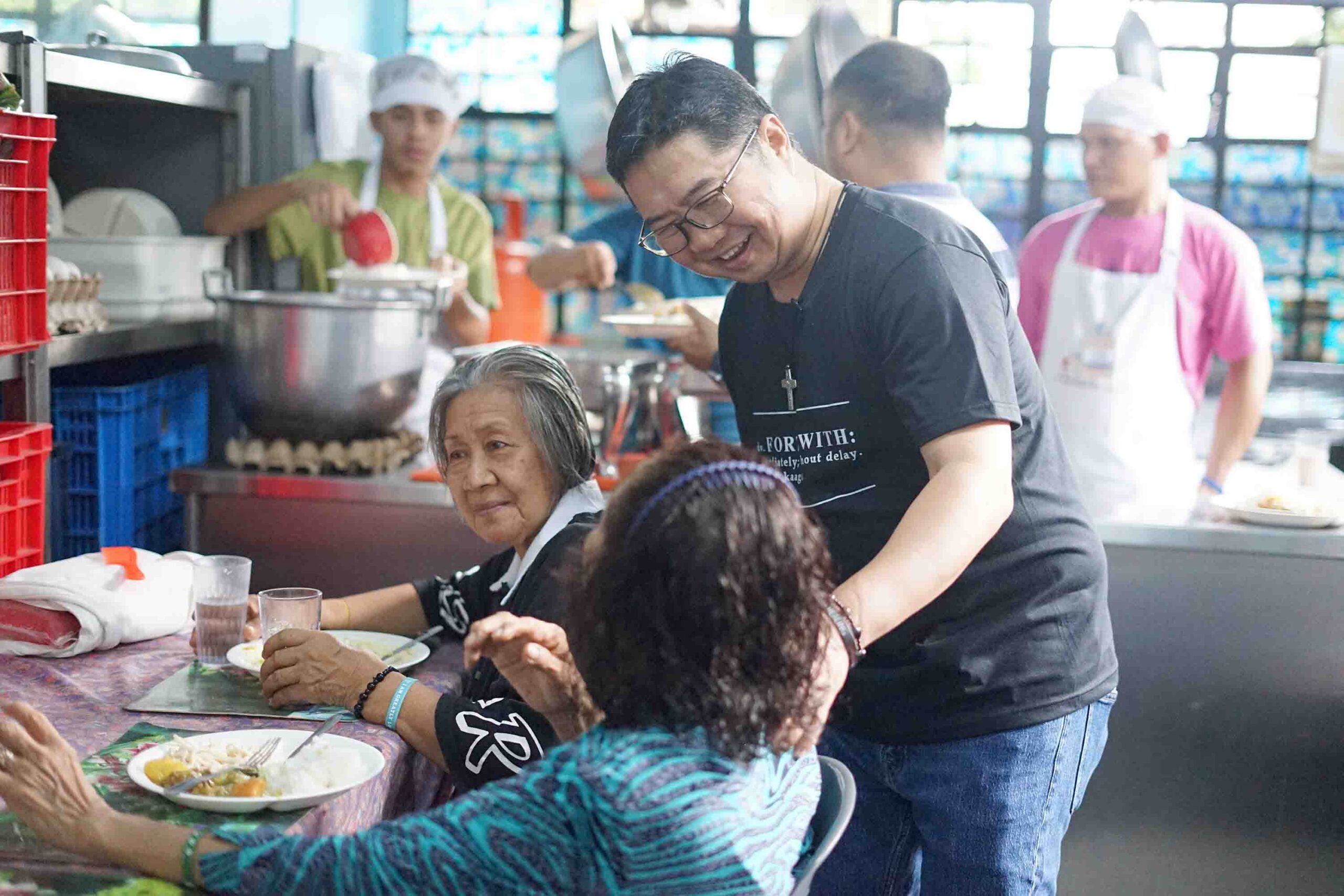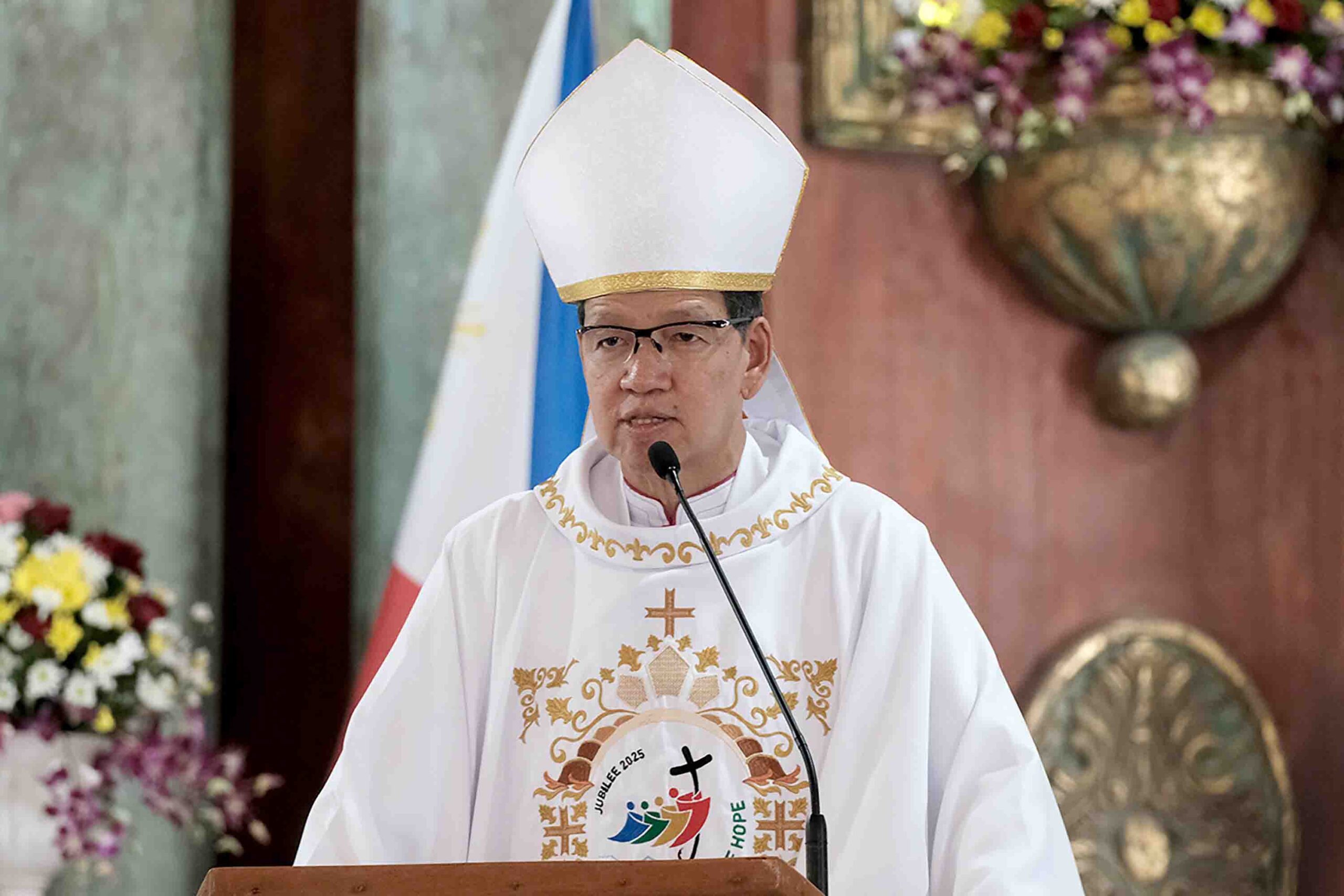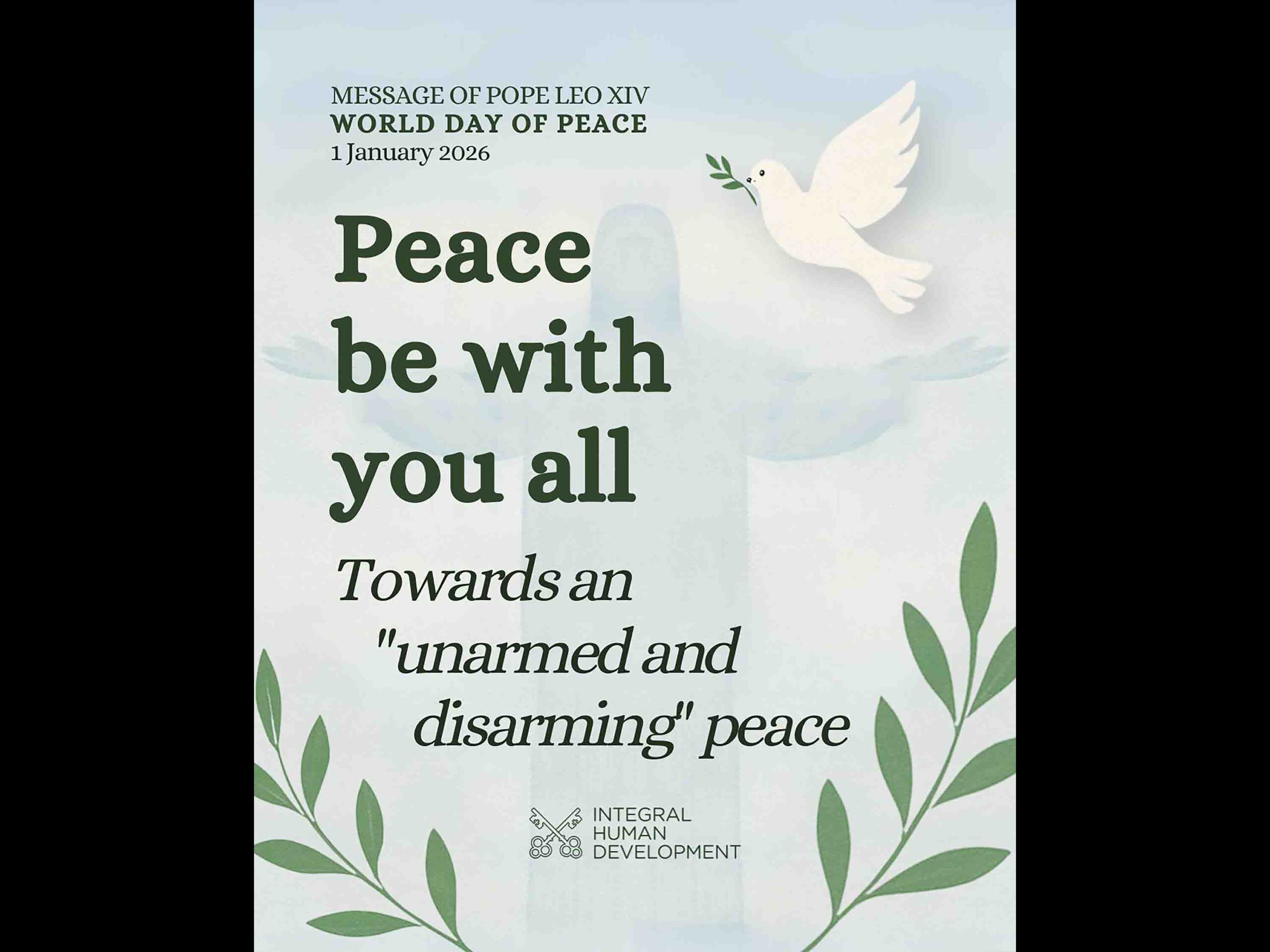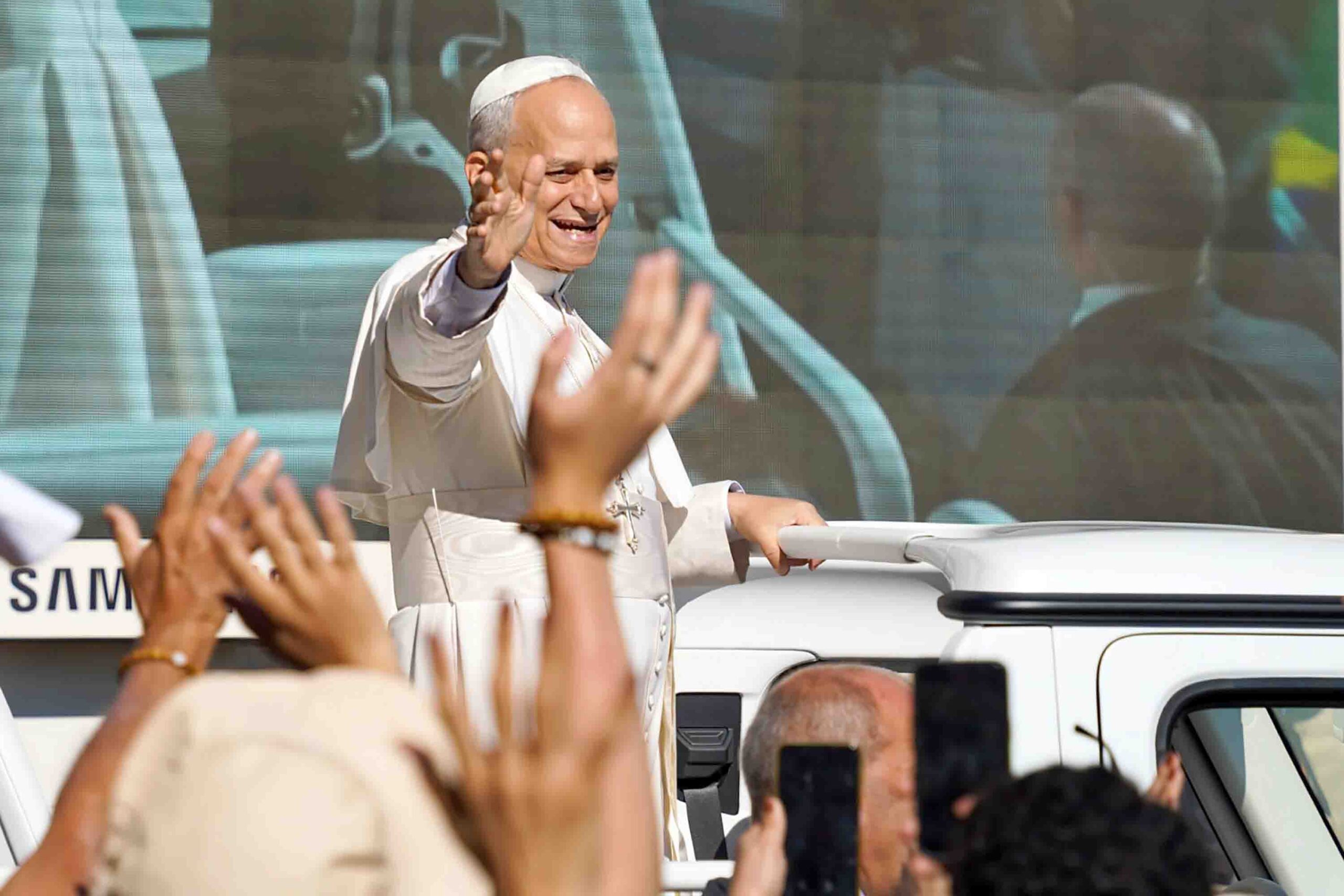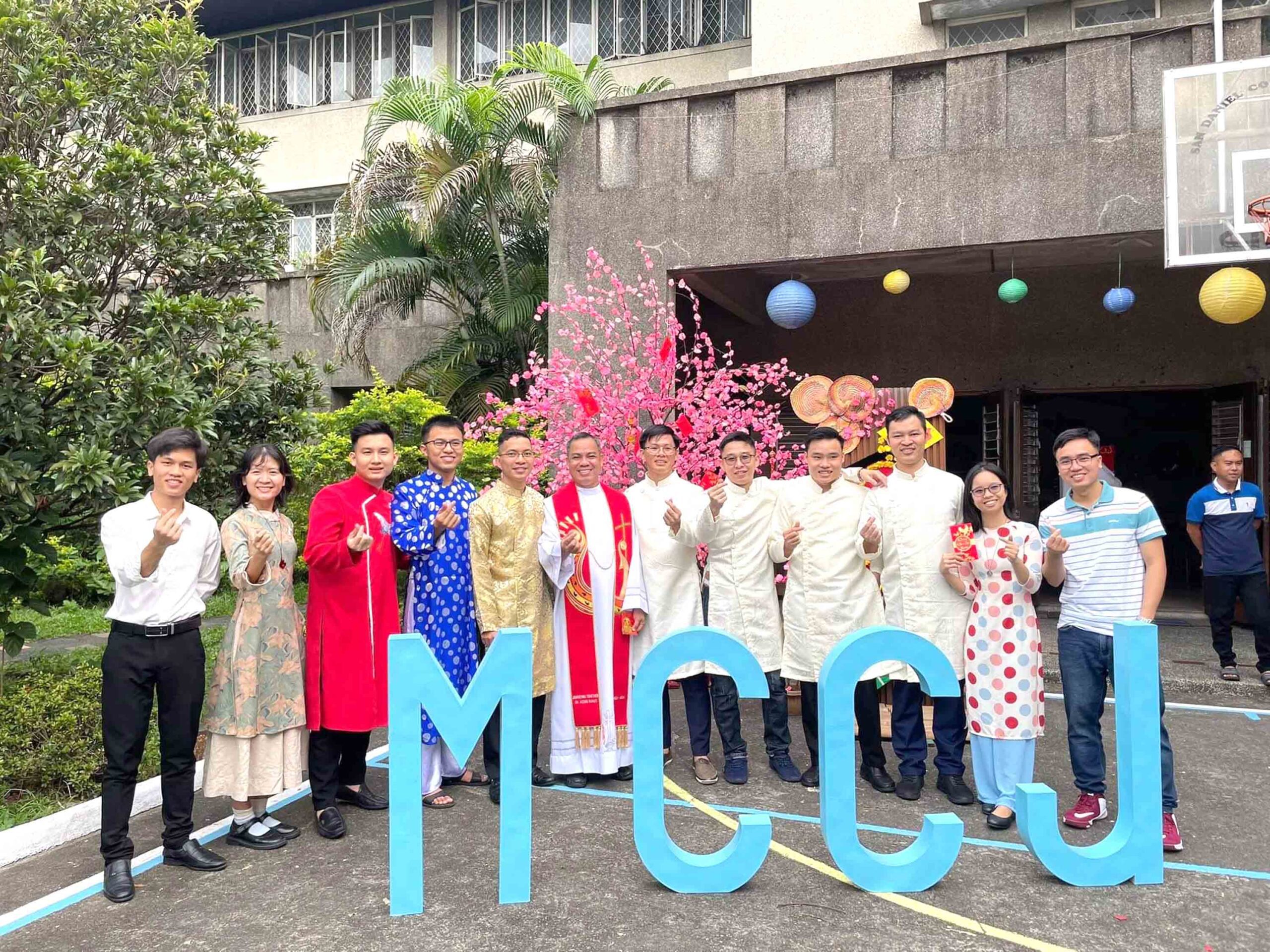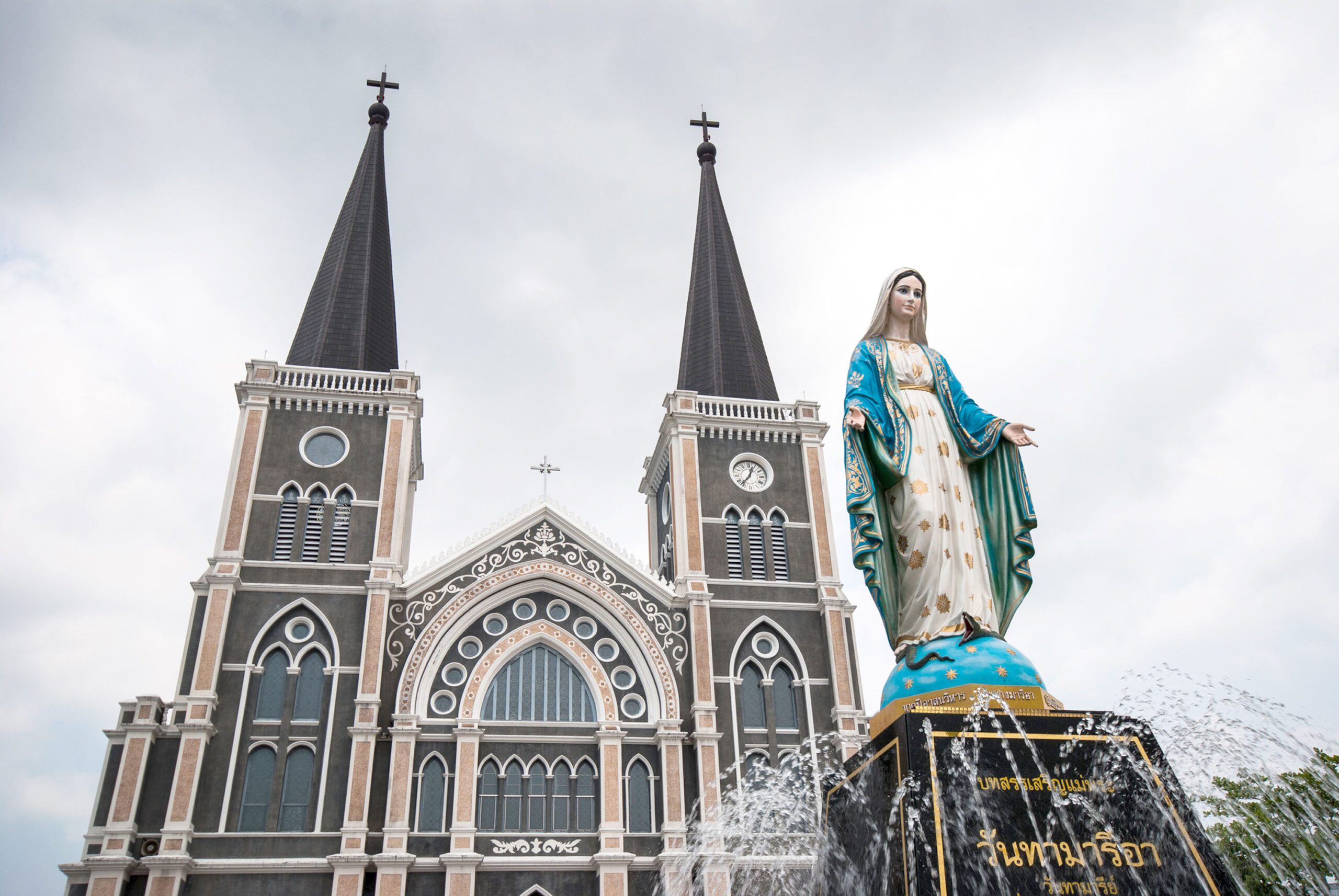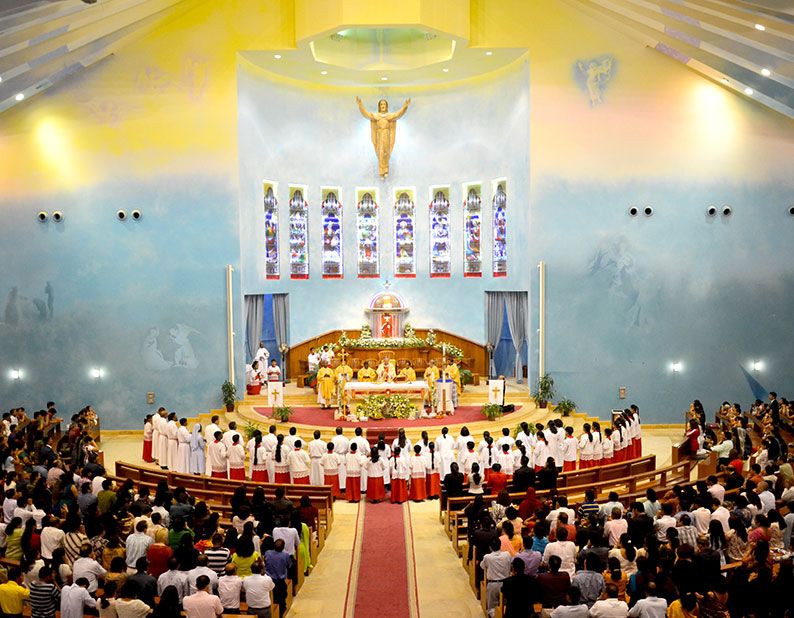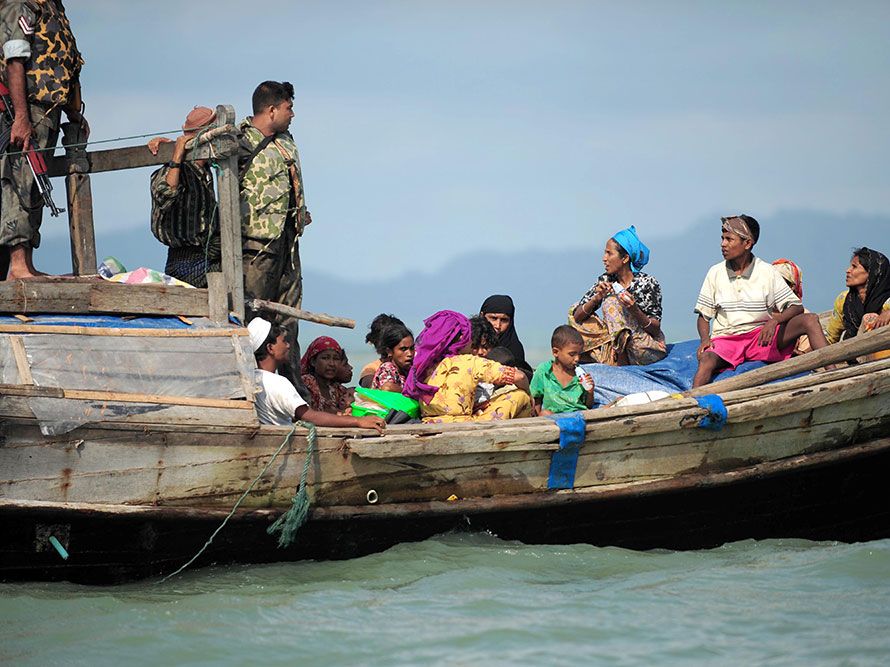I was born in Guatemala into a Christian family of twelve children. I felt called to the mission and joined the Institute of the Comboni Missionaries. My first destination was Kenya, where I walked with the Pokot people, dedicating myself above all to accompanying the poor girls who studied and lived in the mission boarding school. These simple and joyful people won my heart. Years later, I went to Italy for a period of formation and was thinking of returning to Kenya. However, God’s ways are unfathomable and my superiors sent me to Sri Lanka. It was a great gift and the realization of a dream, as I had always wanted to be a missionary in Asia.
Hatton, a relatively small town at an altitude of 1270 meters, was founded during the British colonial era to produce coffee and tea. Its name derives from the town of Hatton, a town in Aberdeenshire (Scotland). All the tea plantations are named after Scottish villages.
Life here is different from my home country of Guatemala. In Sri Lanka, four religions live side by side: Hinduism, Buddhism, Christianity and Islam. So this intercultural and interreligious context, where there is respect between the different faiths, marks us out. The first prayer of the day is the Muslim prayer, around 4:30 in the morning. It’s the prayer that wakes me up every day. It’s a very special moment to be able to feel in communion with the Muslims who pray at that time.
A few minutes later, at around 5am, Buddhist meditation begins with mantras that they repeat, which also makes me connect with them. It helps me to think of so many people who are looking for transcendence. We know that Buddhism is not a religion, but Buddhist people try to transcend themselves into something more. Later, the Hindu prayer follows. The hymns begin the rituals they have for all the gods. And finally, we hear the church bell calling us to participate in the Eucharist every day. That’s the start of any day that continues to share life.
SPECIAL MOMENTS
Before leaving home, they also say their prayers. In every home, in every family, there is an altar where they pray with gestures, with prayers. And just as the day begins with a prayer, so the day ends with a prayer. This is part of life, of culture. People’s whole lives revolve around religion, living together, celebrating. There are very special moments to share, to grow as a community.
All this sharing of life and prayer is very important to me. It makes me feel in communion, connecting me to the four different groups, with their cultures and religions, who are trying to understand life as something important. Life is not just work, study and pleasure, but something more, something sacred that overflows us.
DIALOGUE AND FRATERNITY
We Comboni Sisters have two missions in Sri Lanka, one in Talawakelle and the other in Hatton, where I am currently based. We arrived in Hatton on February 4, 2024 to serve in education, social ministry and interreligious dialogue. We are two sisters who, together with the four sisters from Talawakelle, form a single community.
Our multicultural presence, with sisters from four continents working together, is surely a seed of fraternity in itself.
Our community is right in front of a Hindu temple and we have a privileged view. The tea fields look like manicured gardens. But behind this beauty there is a lot of sacrifice and injustice. The women are the ones who work hardest in these fields. Very early in the morning, they go to work in the fields and work for eight hours for a miserable wage. In the afternoon, they return in the sun or rain, carrying heavy loads. They live in a precarious situation.
Hatton is a small town in which there are four large educational establishments. Many students come from neighboring towns to study in Hatton. I work in one of these schools and, when we go there, we see a white tide moving. I call it a “white river,” because the students who go to class form this big stain that moves. At the institute where I work, most of the students are Hindus; I can say that we all seek God in different ways.
There is also a special cultural feature in Sri Lanka: the tea culture. A day at the mission cannot pass without tea. Tea is part of life, so wherever you go, you’re always offered a cup of tea. I thank God for the missionary vocation and for the people we meet on a daily basis, who welcome us with joy, generosity and friendship, and in whom the Lord manifests Himself.

